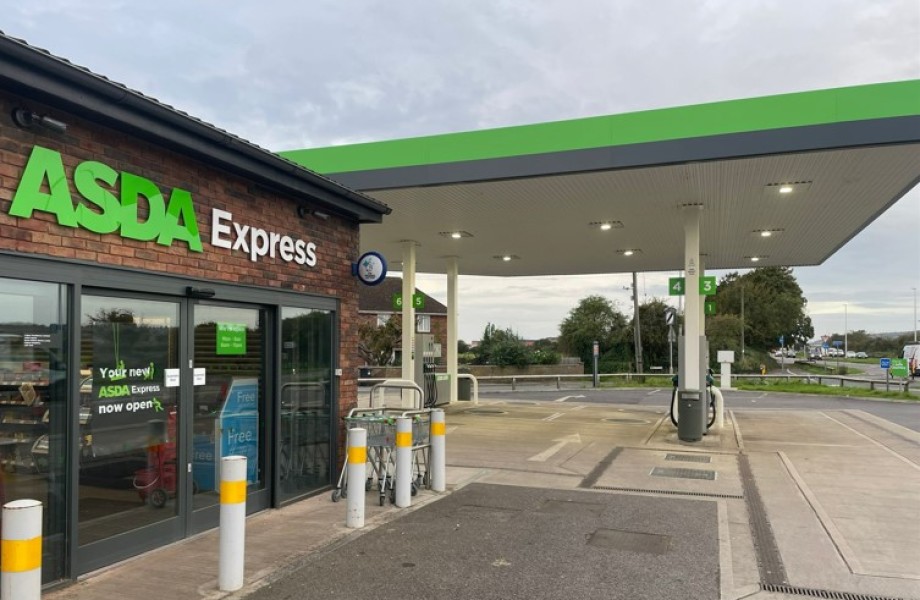Asda has opened the first of its 116 planned convenience stores based at former Co-op sites.
The supermarket retailer bought 132 Co-op retail sites with attached petrol stations for £438 million last year.
The company has opened an initial 11 rebranded Asda Express sites, with the remaining 105 stores to be converted by the end of next year's first quarter.
The move forms part of Asda’s long-term strategy to become the UK’s second largest supermarket, a position currently held by Sainsbury’s, by moving into the fast-growing convenience market.
Asda’s buyout of the Co-op stores received regulatory approval from the Competition and Markets Authority in June after Asda agreed to divest 13 sites to satisfy competition requirements.
“The launch of our conversion programme is an incredibly exciting moment for our business and accelerates our presence in the fast-growing convenience market,” said Mohsin Issa, Asda co-owner. “We look forward to bringing Asda’s great value in fuel and groceries to many more communities across the UK and to welcoming over 2,000 former Co-op colleagues to the Asda family in the coming months."
At the end of last year, Asda said that it would create 10,000 new roles over a four-year period as part of its express store concept.
At the time, it said that it plans to open 300 convenience stores by the end of 2026.
In September, Asda announced that it was introducing a new commercial operating model to support its long-term growth plans, including the "significant" expansion of its convenience store format.
The new model is made up of eight integrated business units aligned to specific categories and led by a business unit director who has full responsibility for sales and profitability in their area.
Within each unit there will be dedicated teams responsible for buying, ranging and pricing. This replaces a current structure whereby these responsibilities are split across multiple functions.
Latest News
-
eBay and Etsy to buy Depop for $1.2bn
-
REWE opens automated fresh food facility to serve Berlin outlets
-
Retail sector plans to cut jobs and hours as employment costs surge
-
eBay launches Pay by Bank in the UK
-
Asos launches new hybrid virtual try-on service
-
Amazon builds zero carbon delivery facility in North East England
Beyond Channels: Redefining retail with Unified Commerce
This Retail Systems fireside chat with Nikki Baird, Vice President, Strategy & Product at Aptos will explore how unified commerce strategies enable retailers to tear down these barriers and unlock new levels of operational agility and customer satisfaction.
The future of self-checkout: Building a system that works for consumers and retailers
In this webinar, industry leaders discussed what the future of self-checkout looks like and how retailers can make the technology work for everyone.
© 2024 Perspective Publishing Privacy & Cookies









Recent Stories